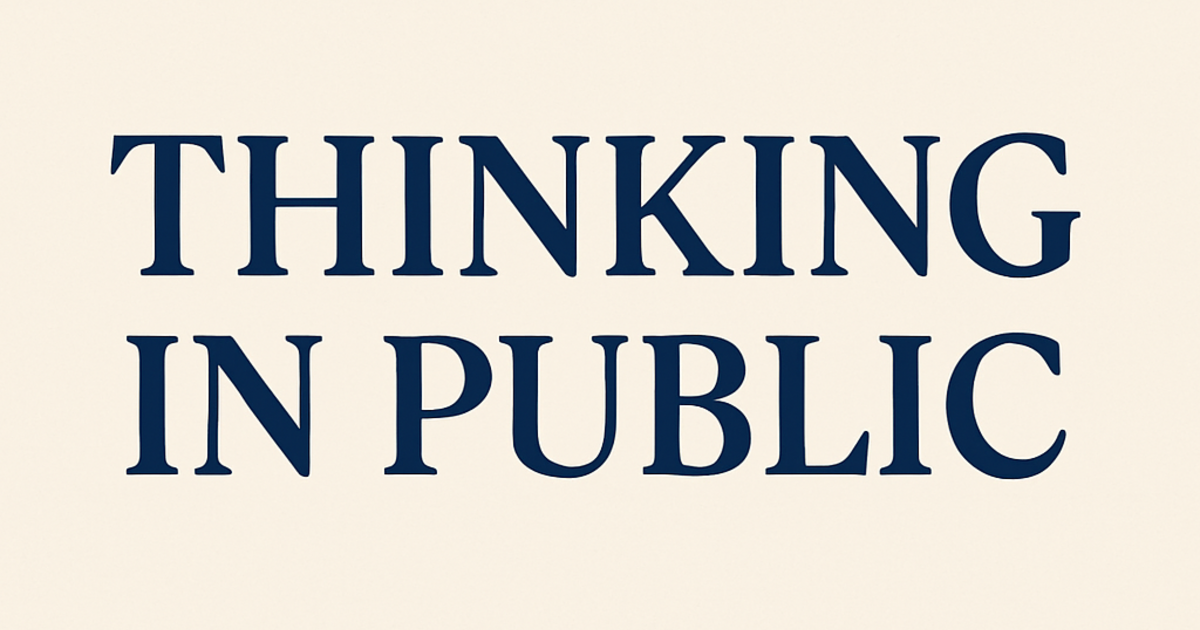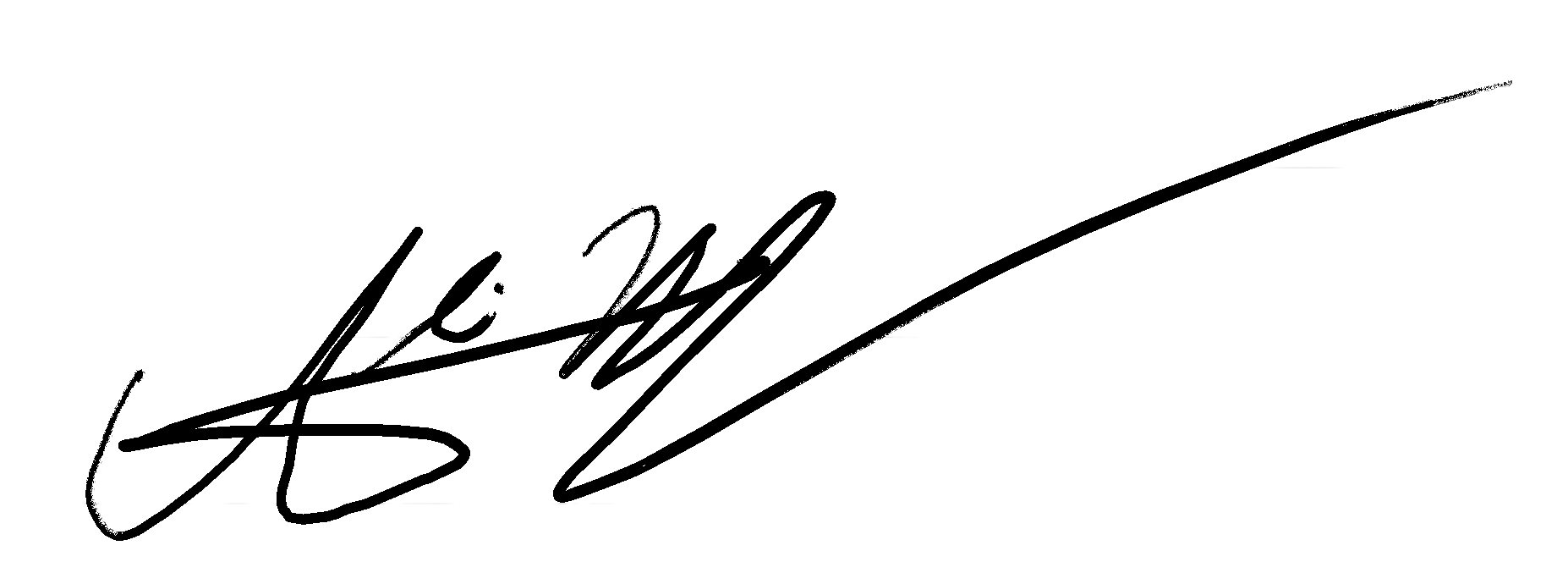There's a war in medicine, but its not what you think
Exploring the powerful intersection of profit and purpose in healthcare, revealing how innovation, compassion, and strategic thinking can transform medical progress beyond traditional limitations.

If you spend enough time around healthcare, you start to notice something strange.
There are two camps.
In one corner: the humanitarians.
They care about patients. They believe medicine is a calling. They see healthcare as a moral duty, not a business.
In the other: the capitalists.
They build clinics. Design tools. Run companies. They talk about incentives, scale, and optimization. Sometimes they make a lot of money.
And if you believe the prevailing narrative, you can’t be both.
You either care, or you capitalize.
You serve, or you scale.
You’re either a good doctor or a greedy founder.
But that dichotomy is wrong.
And it’s killing progress.
The False Split
The idea that capitalism and humanitarianism are incompatible is a leftover from older models — when profit often came at the expense of people.
And to be fair, that still happens.
Hospitals overcharge. Insurers deny coverage. Pharma companies hike prices.
There's plenty of evidence for corruption, greed, and misaligned incentives.
But that doesn't mean the concept of profit is inherently evil.
It means the design of the system is broken.
And the best way to fix a system is to align it — so that doing the right thing is also the most profitable thing.
That’s not a dream. That’s a design challenge.
One that only gets solved when principled people decide to build.
What Capitalism Gets Right
Capitalism — at its best — is just an engine.
It rewards value. It scales solutions. It aligns incentives with action.
Most of the modern world was built through capital:
The smartphone that delivers health data.
The EMR that (sometimes) works.
The vaccine that was manufactured, distributed, and scaled globally in record time.
The startups using AI to detect cancer early, or triage patients in rural areas.
These things weren’t built by governments or nonprofits alone.
They were built by companies. People. Builders. Often for profit.
But that profit didn’t make the work less meaningful — it made it scalable.
It meant that what worked in one hospital could work in a thousand.
That what helped one patient could help a million.
Capitalism didn’t kill the mission.
It fueled it.
What Humanitarianism Gets Right
At the same time, humanitarianism is a critical lens.
It reminds us that healthcare isn’t just a market — it’s a matter of life and death.
It centers dignity, empathy, and ethics.
It says: “Just because you can charge for something, doesn’t mean you should.”
And it demands that systems serve the vulnerable, not just the profitable.
But humanitarianism, unchecked by practical design, often stalls.
- It avoids discussions about money.
- It assumes that profit always corrupts.
- It under-resources the very people trying to make a difference.
- It idolizes the sacrifice of overworked clinicians while ignoring the systems that burn them out.
And so we end up with a lot of moral clarity — and not enough infrastructure.
The Builders We Actually Need
The future of healthcare won’t be shaped by the loudest moralists or the richest operators.
It’ll be shaped by the people who can hold both:
- The compassion of the humanitarian
- The systems thinking of the capitalist
- The empathy to care about patients
- The courage to scale a solution that works
These people don’t just see suffering — they build systems that reduce it.
They don’t just write research papers — they turn them into companies.
They don’t just complain about billing codes — they rewrite the infrastructure behind them.
They’re not above capitalism.
They redeem it.
A New Ethic: Design for Good, Profit Through Service
Here’s the model we should aspire to:
Profit not from extraction, but from alignment.
Growth not through manipulation, but through value.
Companies that make money because they improve lives — not despite it.
That’s not idealism. That’s smart design.
It’s already happening in other sectors.
Tech platforms that reduce waste.
EdTech startups that make learning accessible.
Clean energy companies that outperform oil stocks.
Medicine doesn’t need to stay stuck in the binary of martyrdom or monopoly.
It can be both ethical and efficient.
Both caring and capitalized.
Both principled and profitable.
But only if the right people build.
Final Thought
If you’re in medicine and you care about people — don’t run from systems.
If you’re in business and you understand incentives — don’t ignore ethics.
Because healthcare doesn’t need more heroes or more hustlers.
It needs more architects — people who can redesign the structure itself.
Capitalism vs. humanitarianism?
That’s a false choice.
The real work is in building systems where compassion scales, incentives align, and everyone wins.
